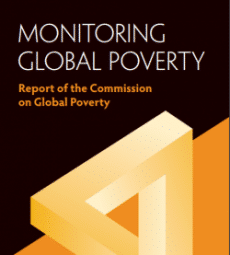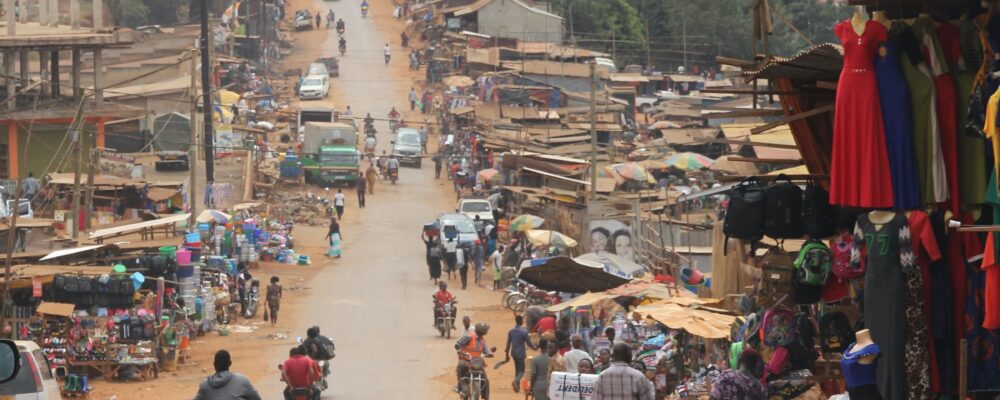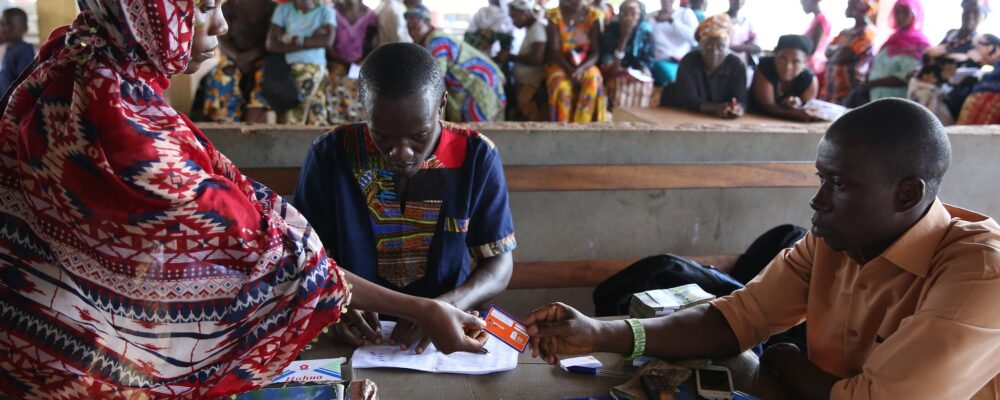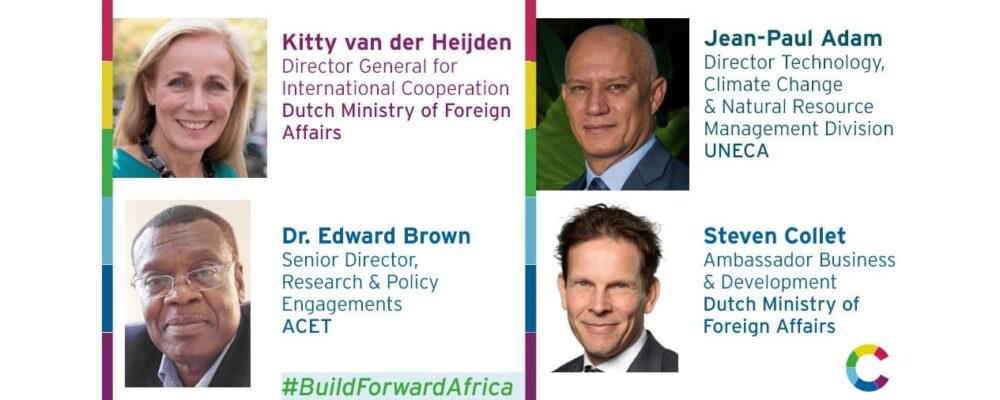
Policy highlights:
- SDG 1.1 aims for the eradication of extreme poverty for all people everywhere. To adequately measure progress in relation to this goal, in this report the World Bank attempts to answer two questions: How should the World Bank measure of extreme poverty be monitored between now and 2030? And, what other kinds of poverty indicators should guide policy?
- In answer to the first question, a list of technical recommendations has been formulated, which can be divided into three categories: 1) raw data (e.g. the extent to which people are missing from the poverty count); 2) analysis (e.g. exploring the construction of national indicators of household living standards); and 3) presentation (e.g. the global extreme poverty standard should be cited as the ‘International Poverty Line’, and expressed in local currency).
- For the second question, a number of alternatives are presented: 1) subjective assessments (i.e. having people assess their own poverty status); 2) basic needs (i.e. a model based on food security); 3) capabilities (i.e. what a person’s actual ‘opportunities for living’ are); and 4) minimum rights (i.e. based on human rights). Indicators based on the insights of these views are developed, so that ‘complementary indicators’ can be published alongside the core Global Poverty estimate.







